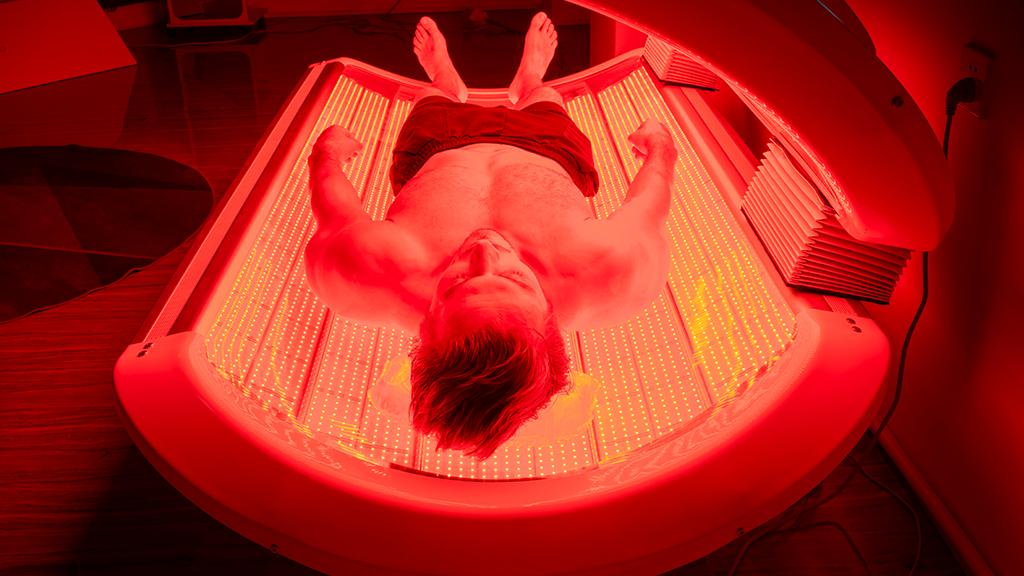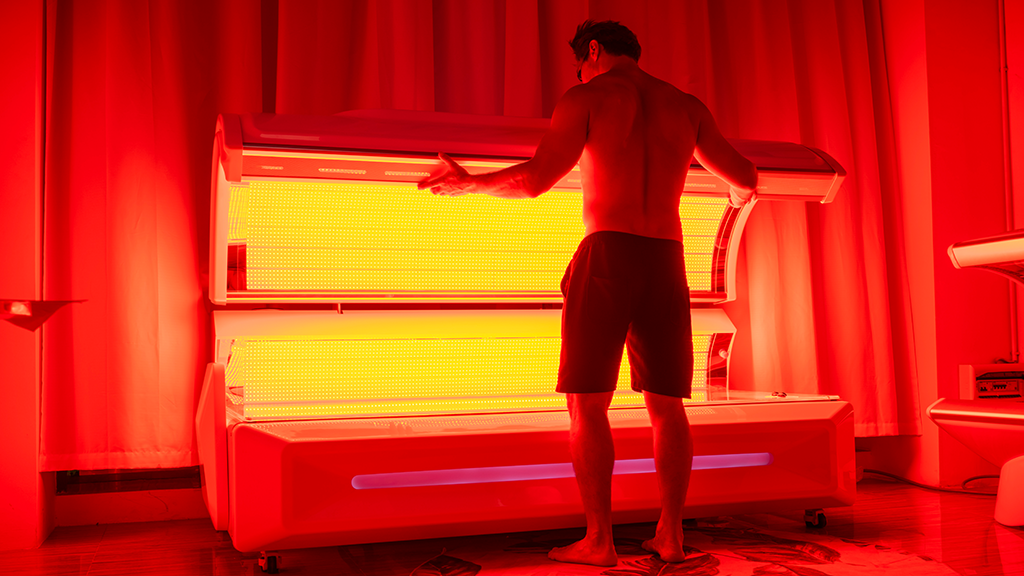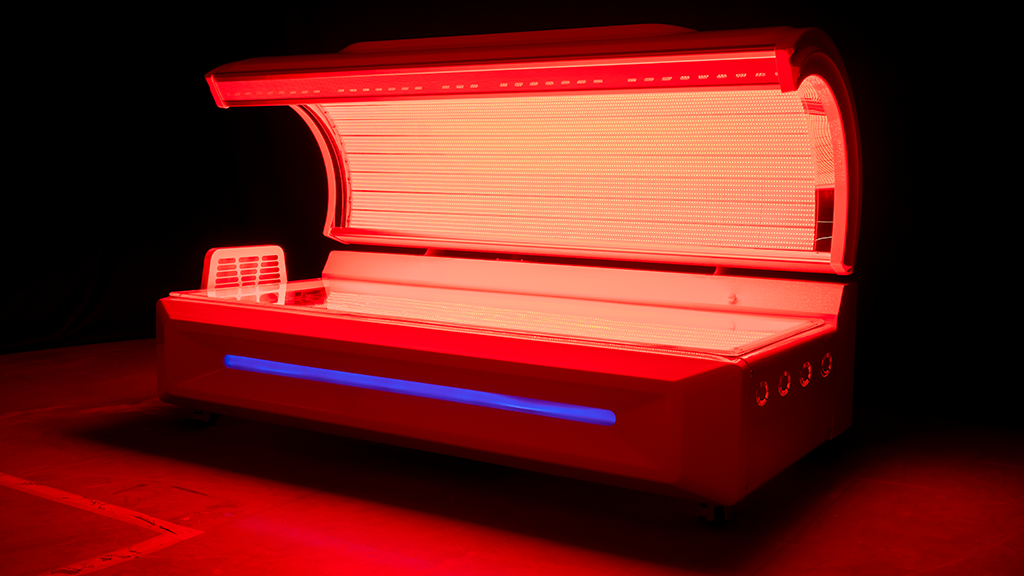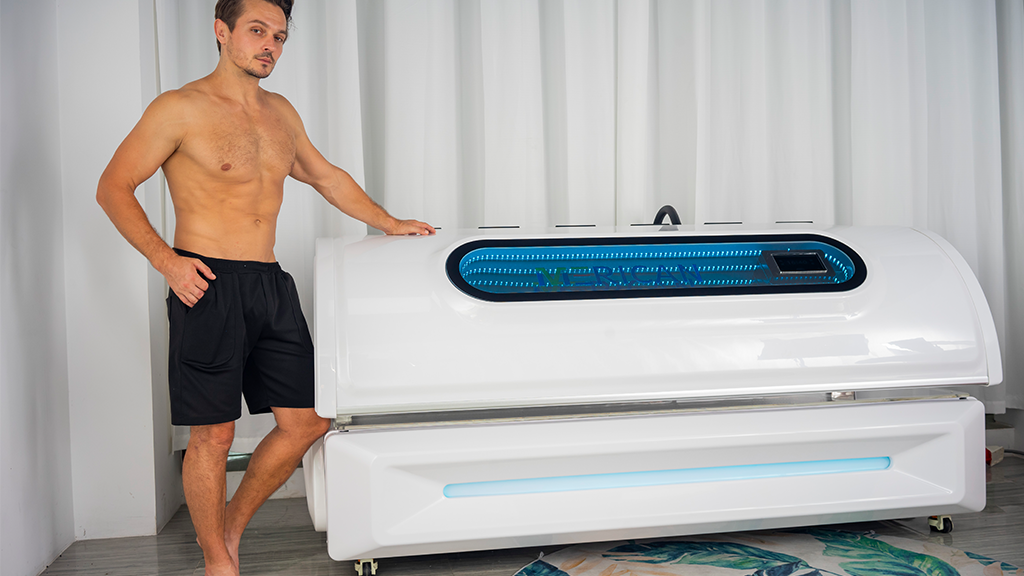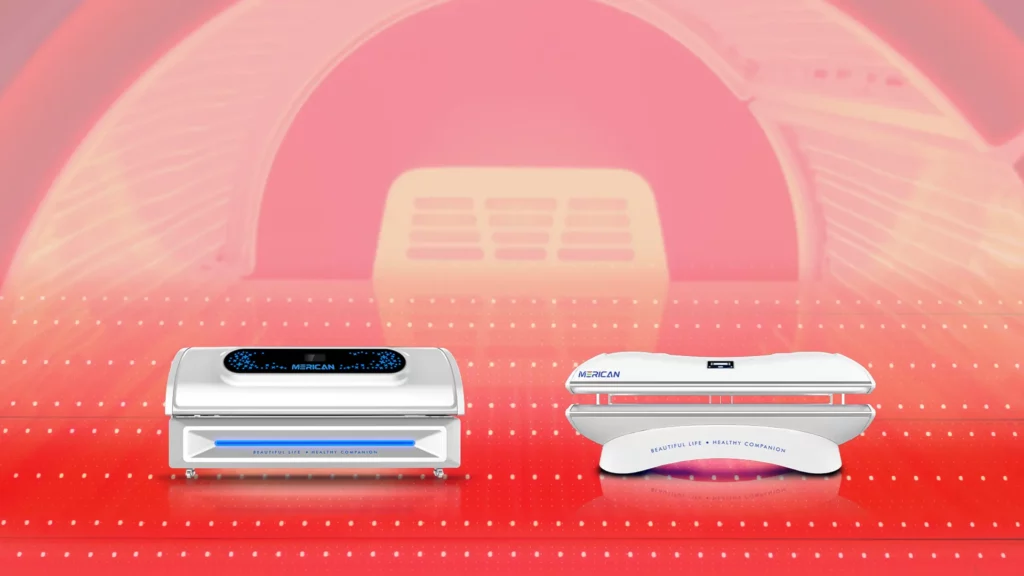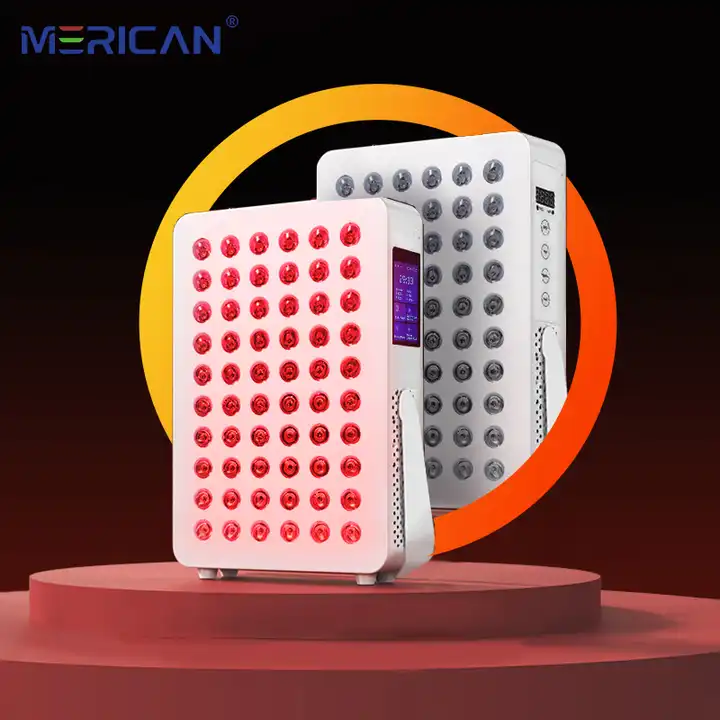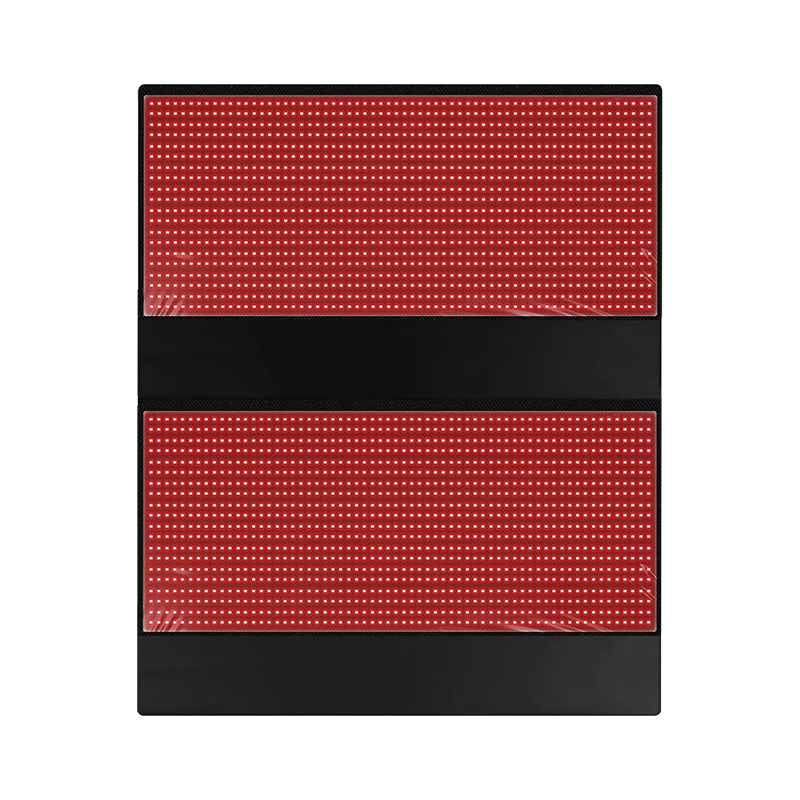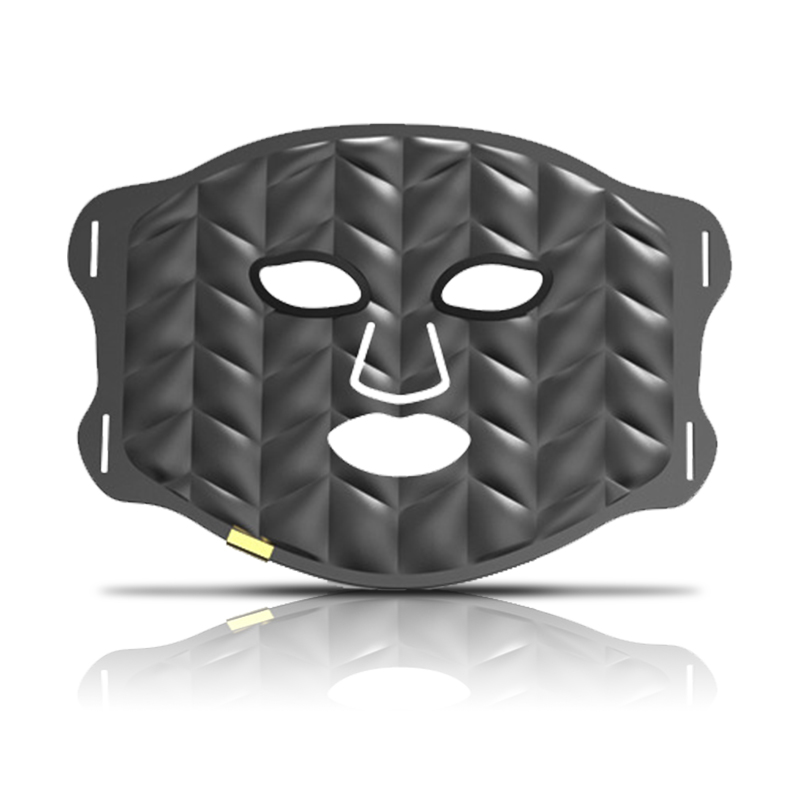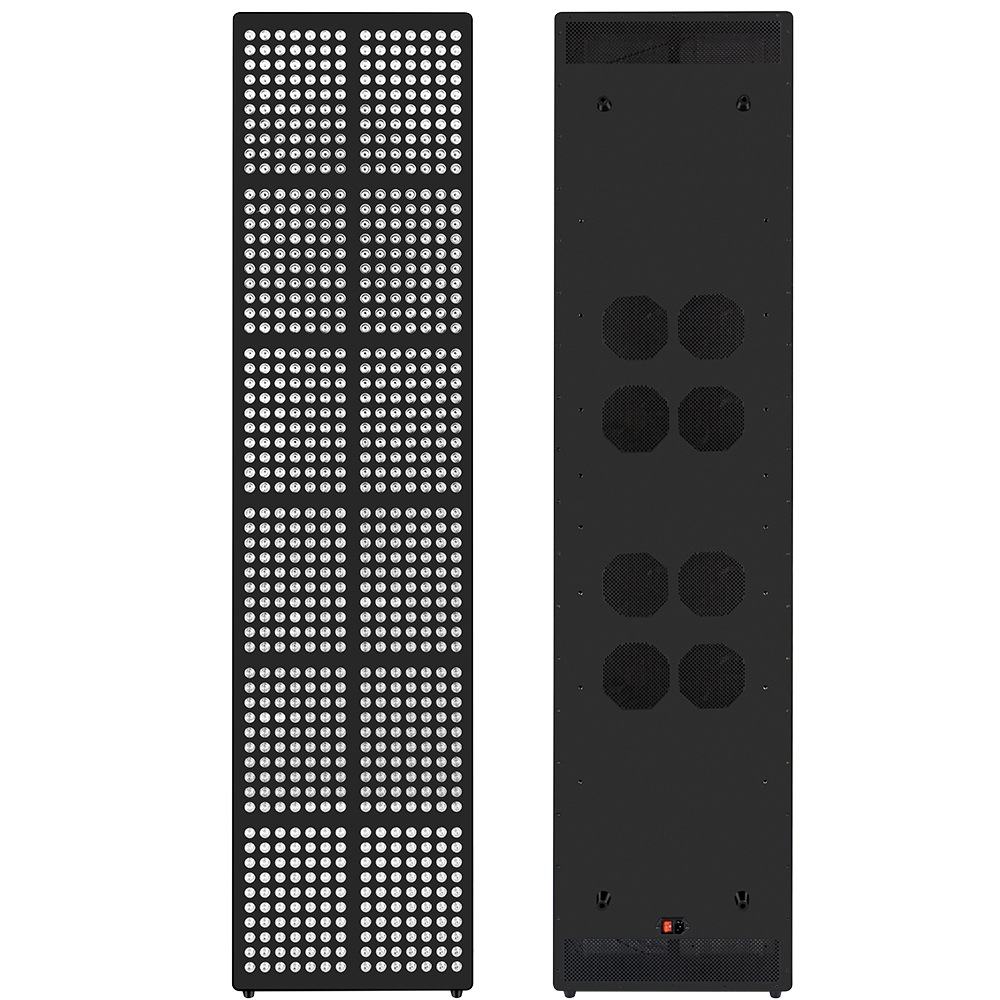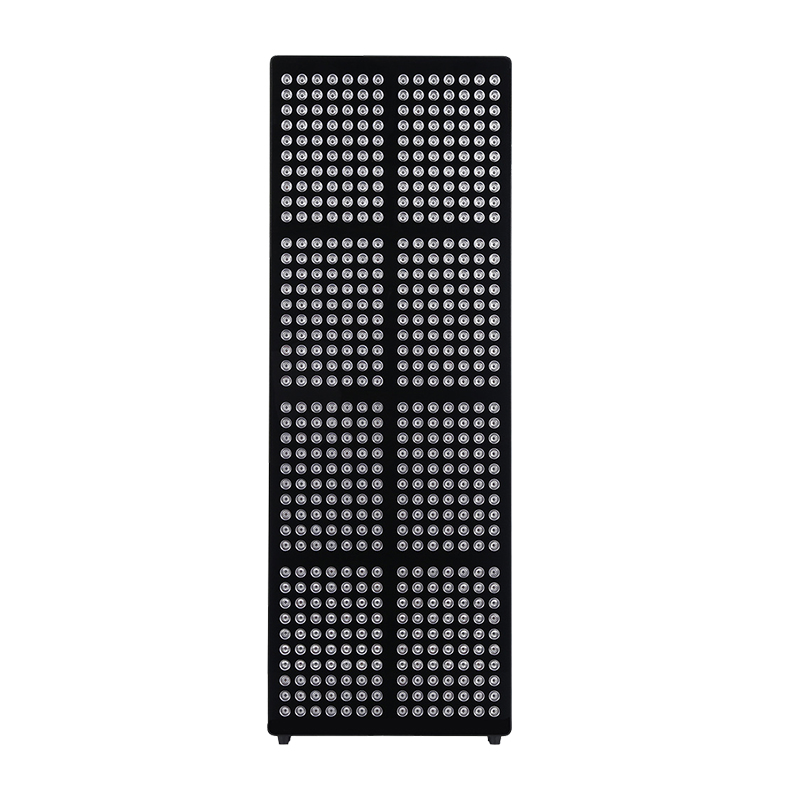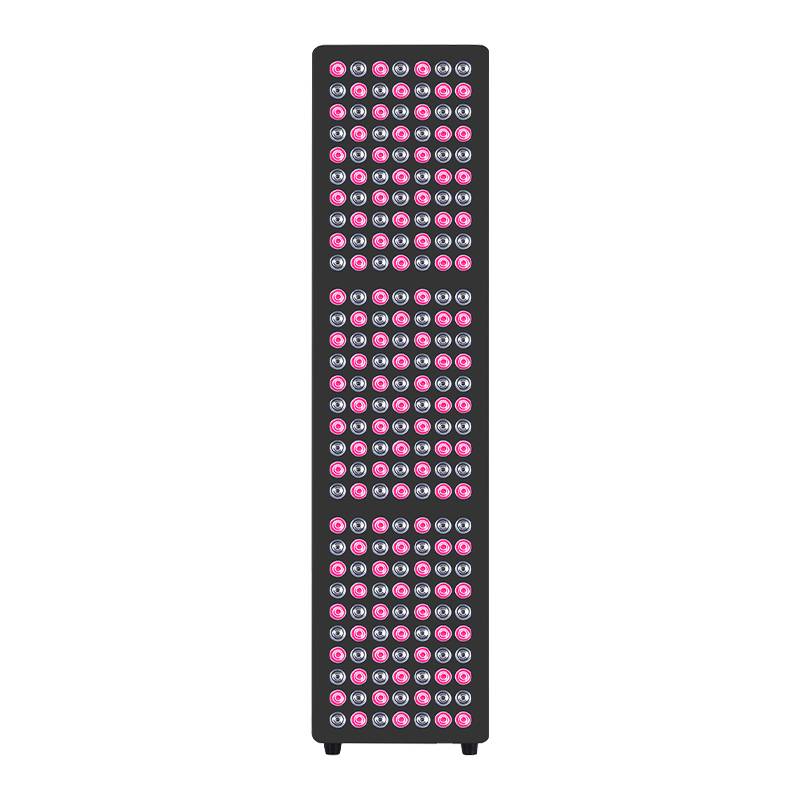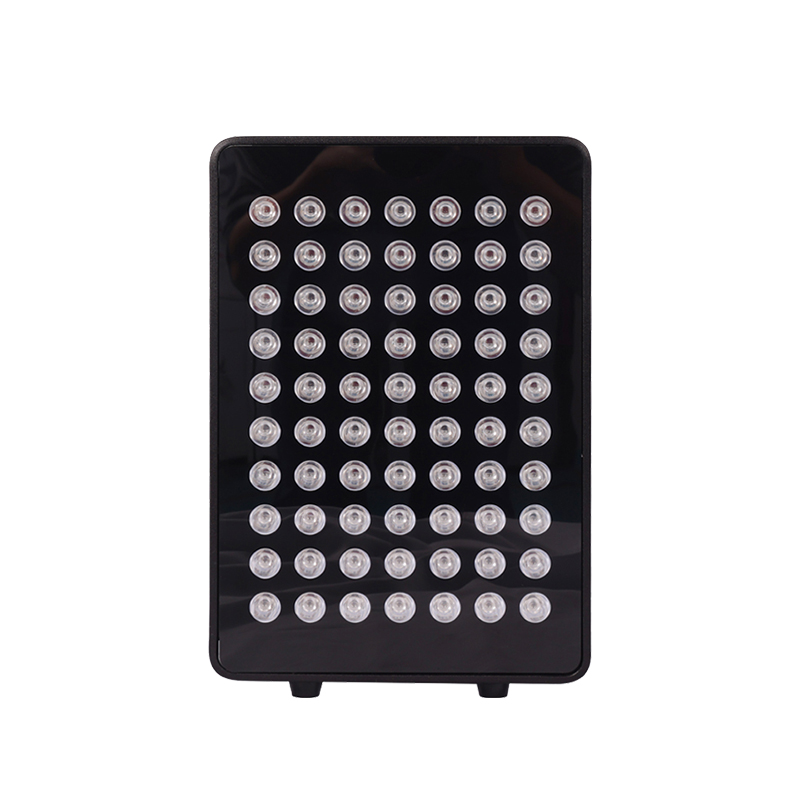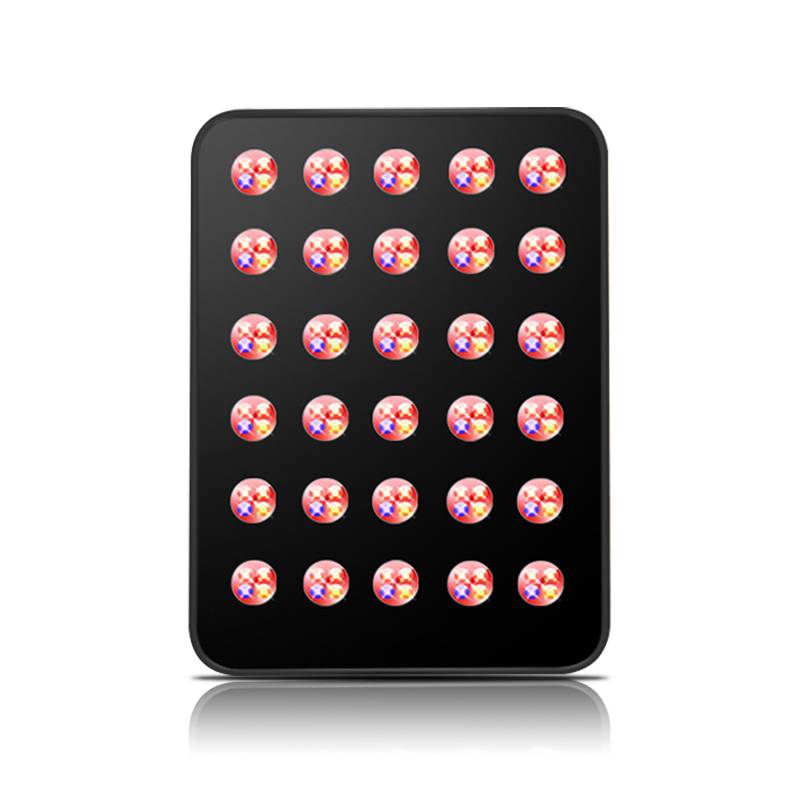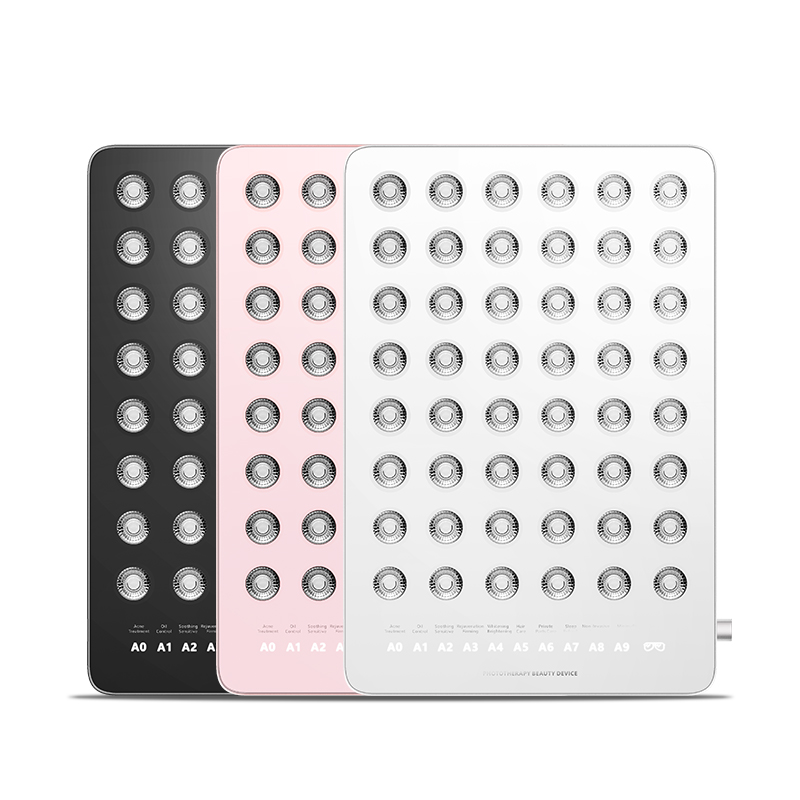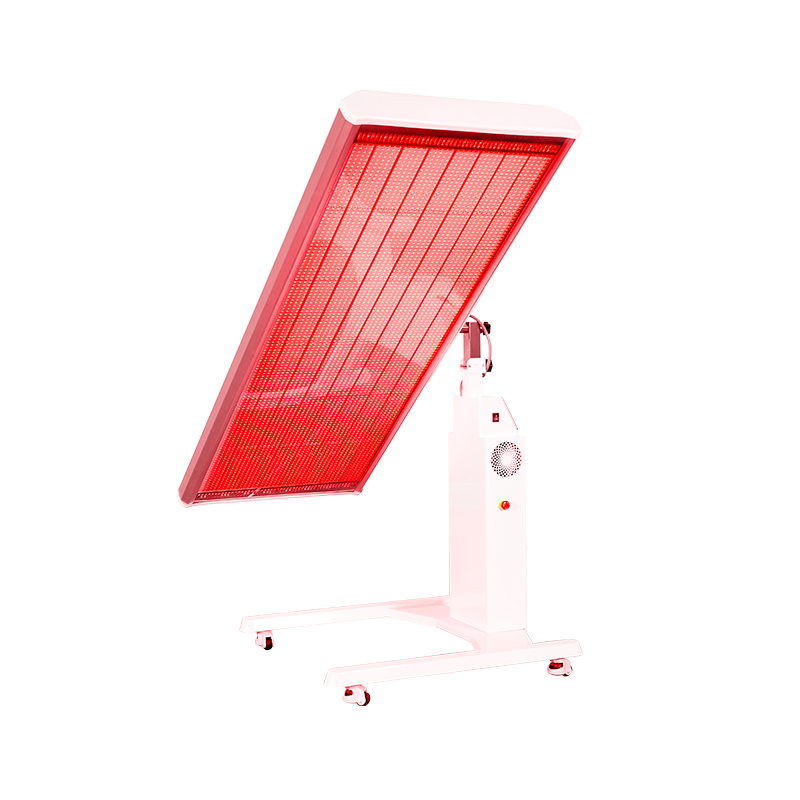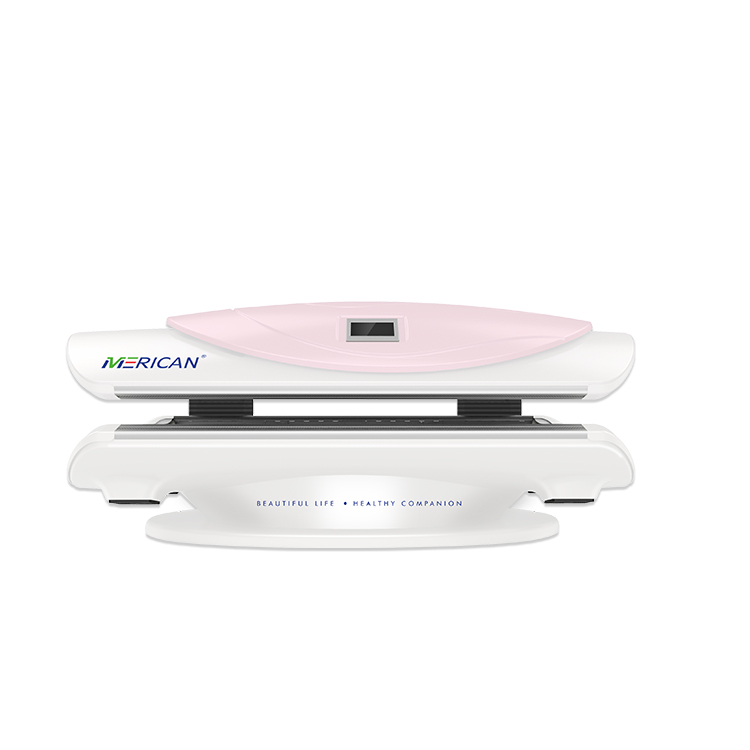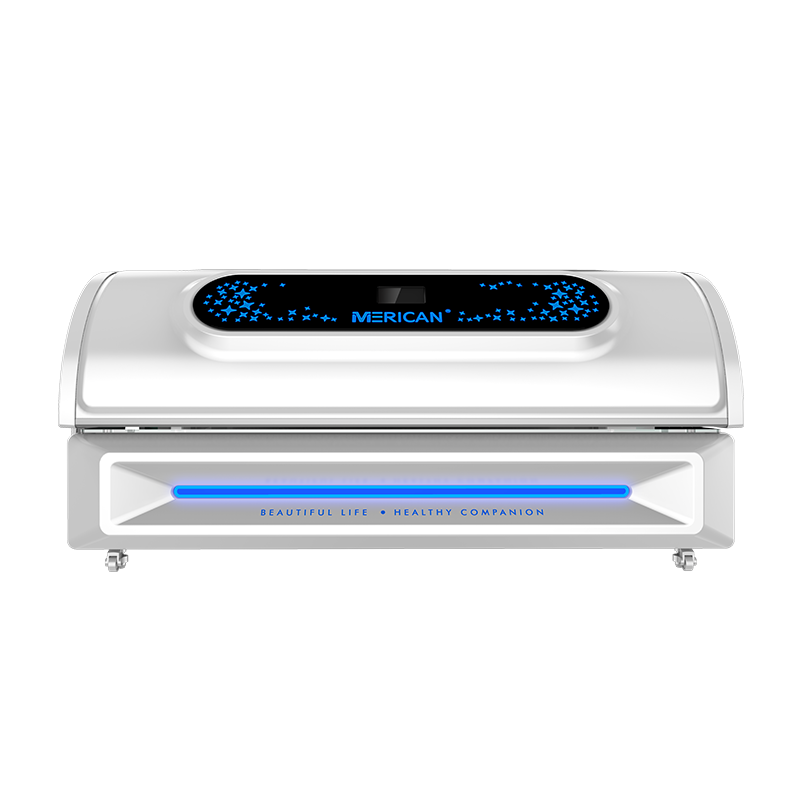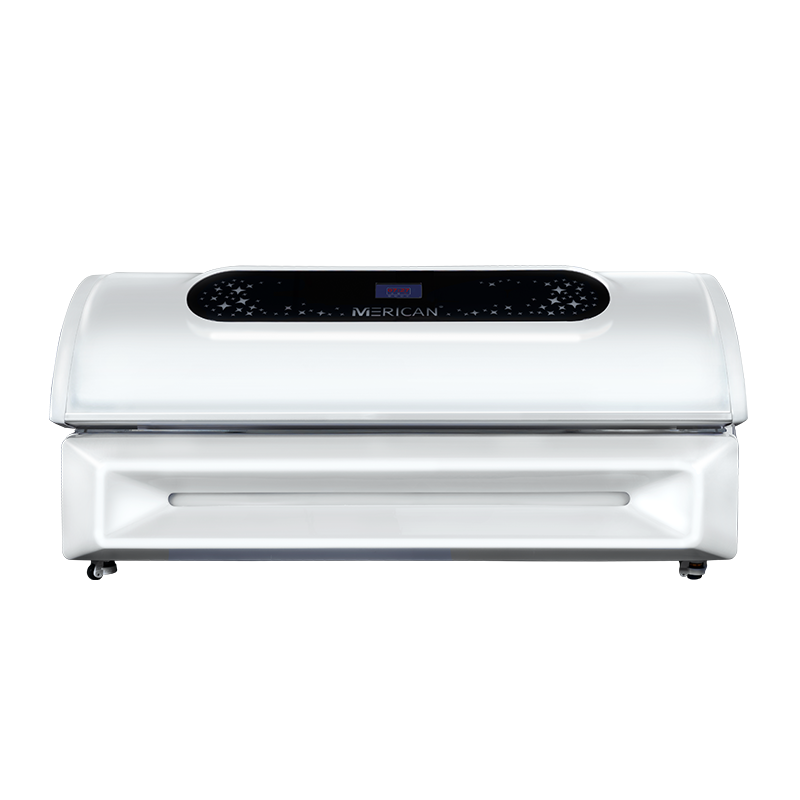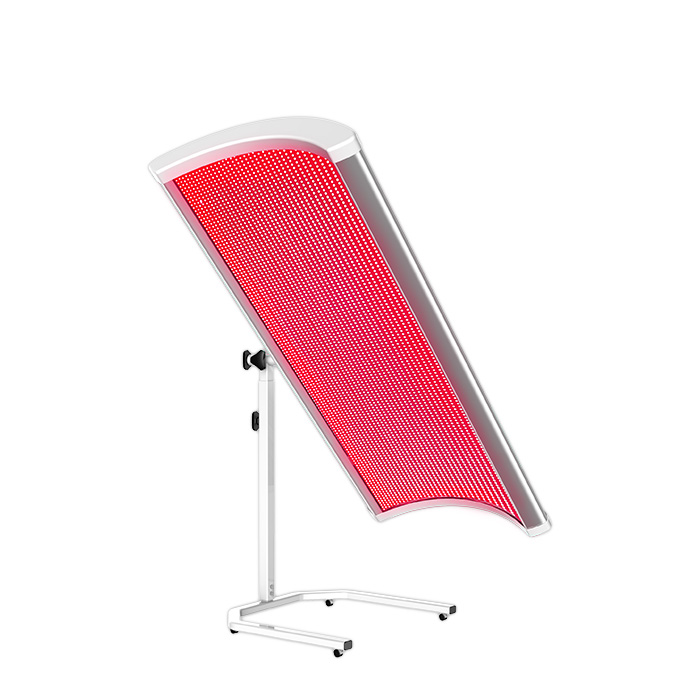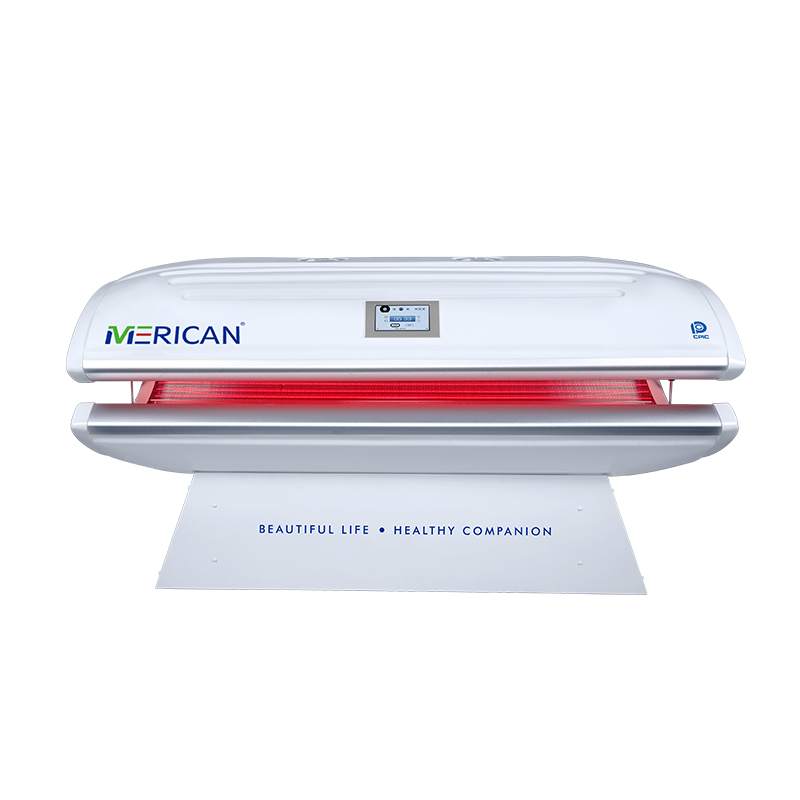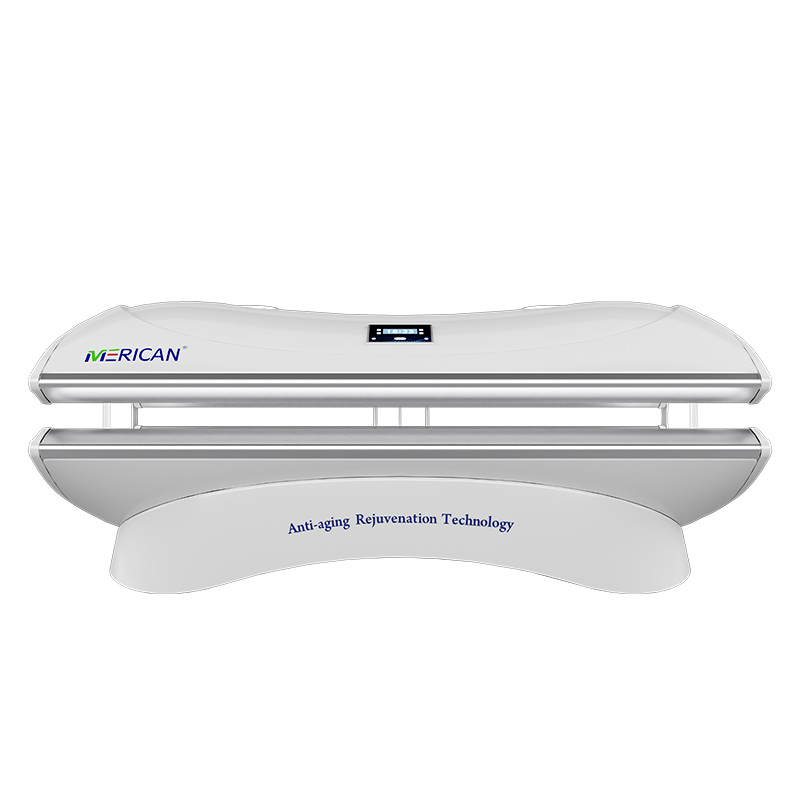في السنوات الأخيرة, لقد جذبت موجات الضوء الأحمر الكثير من الاهتمام لمجموعة واسعة من التطبيقات في مختلف المجالات. تستكشف هذه الورقة وظائف وتطبيقات طول موجي محدد للضوء الأحمر 850 نانومتر.
أولاً, أريد أن أحكي لك قصة.
في الثمانينات, من أجل تعزيز النمو المستدام للنباتات في الفضاء, إدارة الفضاء الوطنية (ناسا) طورت جهاز الإضاءة, وقام فيما بعد بتمويل استكمال جهاز نمو النبات, وزرعوا البطاطس على متن المكوك الفضائي 1995. في غياب الجاذبية لفترة طويلة, وجد رواد الفضاء أن العضلات والعظام ضمرت وأن أي جروح تلتئم ببطء. يوم واحد, أحد العلماء خدش يده بالخطأ أثناء عمله. بسبب هذا, وجد أن الجرح الموجود في اليد التي تعمل تحت الضوء يلتئم بشكل أسرع. عند هذه النقطة, بدأت ناسا في دخول مجال العلاج بالضوء الطبي.
في هذه المرحلة من القصة, لا بد أنك اكتشفت إحدى وظائف الضوء.
التالي, أريدك أن تتحدث عن الضوء.
الضوء الذي يمكن أن تراه أعيننا المجردة يسمى الضوء المرئي. نطاق الطول الموجي للضوء المرئي هو 400nm-700nm. ويسمى الضوء الموجود ضمن هذا النطاق بالضوء غير المرئي. لاحظ أن كونك غير مرئي لا يعني أنه غير موجود.
يستخدم العلاج الطبيعي بالضوء الأحمر بشكل أساسي 590-660 نانومتر (الضوء الأحمر) و 850 نانومتر (ضوء القريب من الأشعة تحت الحمراء) باعتباره العلاج الطبيعي غير الجراحي لنطاق الموجة الرئيسي.
فما هي آلية عمل العلاج الطبيعي? بعبارة أخرى, كيف يعمل العلاج بالضوء الأحمر على جسم الإنسان؟?
يرجى الاطلاع على هذه الصورة:
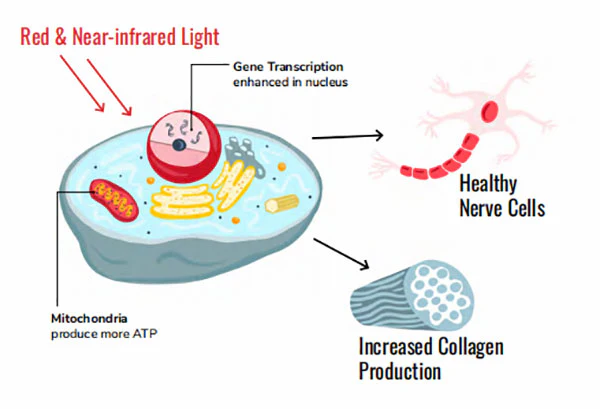
في ملخص, يعمل الضوء على الكروموفور في الخلية, يمتص الكروموفور الطاقة الضوئية ويحولها إلى طاقة حرارية وكيميائية, ومن ثم تنشيط السلسلة التنفسية الميتوكوندريا في الخلية, مما يؤدي إلى سلسلة من التفاعلات الخلوية, إنتاج المزيد من ATP.
يتكون بشرتنا من قشرة بيضاء وأدمة. وفقا للبحث, 400يمكن للضوء نانومتر أن يخترق 1 مم من أنسجة الجلد, 500نانومتر يمكن أن تخترق ما يصل إلى 2 ملم, والضوء الأحمر (590-660نانومتر) يمكن أن تخترق ما يصل إلى 2 مم. 6مم, الوصول إلى الأدمة. يساعد خلايانا على إطلاق المزيد من ATP, مما يجعلنا نشعر بأننا أصغر سنا وأكثر نشاطا.
الطول الموجي 850 نانومتر(ضوء الأشعة تحت الحمراء القريبة)
الطول الموجي 850 نانومتر هو التوقيع بالقرب من الطول الموجي للأشعة تحت الحمراء.
في كثير من الحالات, يعمل 850 نانومتر على تضخيم الفوائد التي توفرها الأطوال الموجية 810 نانومتر و830 نانومتر.
هذا الطول الموجي له مجموعة من التطبيقات العلاجية مثل:
فوائد مضادة للالتهابات
850يمكن أن تساعد الأطوال الموجية نانومتر في تقليل آلام المفاصل والعضلات وتقليل الالتهاب العام في الجسم.
تعزيز الاستشفاء العضلي
A study observed the use of 850nm wavelengths on athletes and found that usage of the near-infrared light increased muscle mass after training, and decreased inflammation and oxidative stress in muscle biopsies.
Healing of wounds in the skin
Lesions heal faster when exposed to 850nm wavelength light therapy.
Reduction of lines, التجاعيد, وفرط التصبغ
850nm can support the production of collagen, assisting with plumper, more radiant-looking skin, and a more uniform texture.
Orthodontics and tooth alignment
The use of the 850nm wavelength can foster the speedy realignment of teeth for patients undergoing orthodontics.

